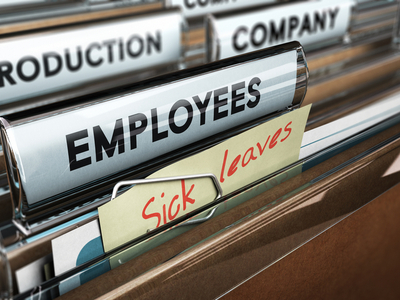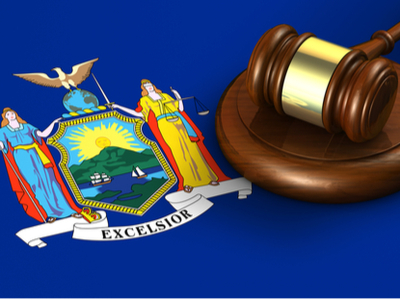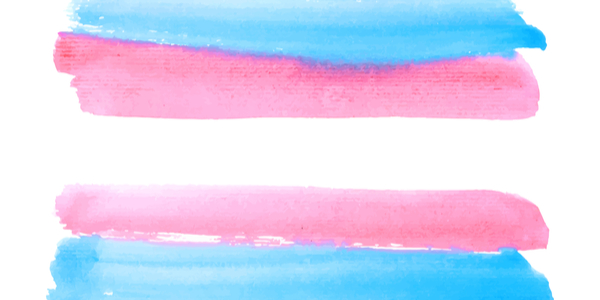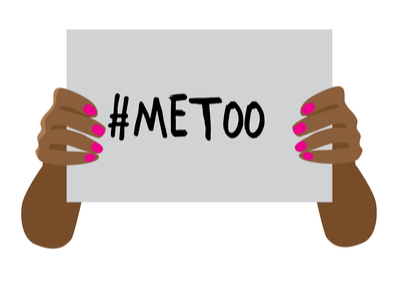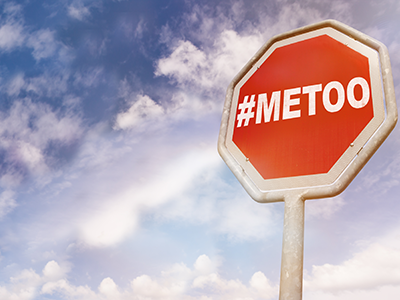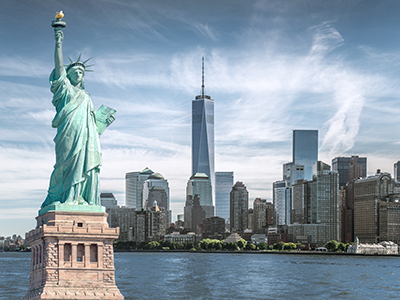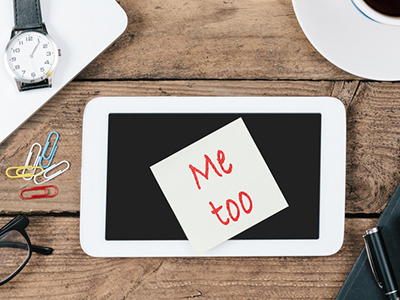The New York State Department of Labor (“NYSDOL”) has issued guidance (the “Guidance”) and answers to frequently asked questions (“FAQs”) relating to various aspects of the newly-enacted legislation providing emergency sick leave, expanded New York Paid Family Leave (“NYPFL”) and expanded short-term disability benefits to certain employees unable to work because of COVID-19. Our previous analysis of this legislation (the “Act”) and what it means for employers can be found here: https://blogs.orrick.com/employment/2020/03/. READ MORE
New York State Department of Labor Releases Guidance and FAQs for Compliance with Newly-Enacted COVID-19 Leave Law
